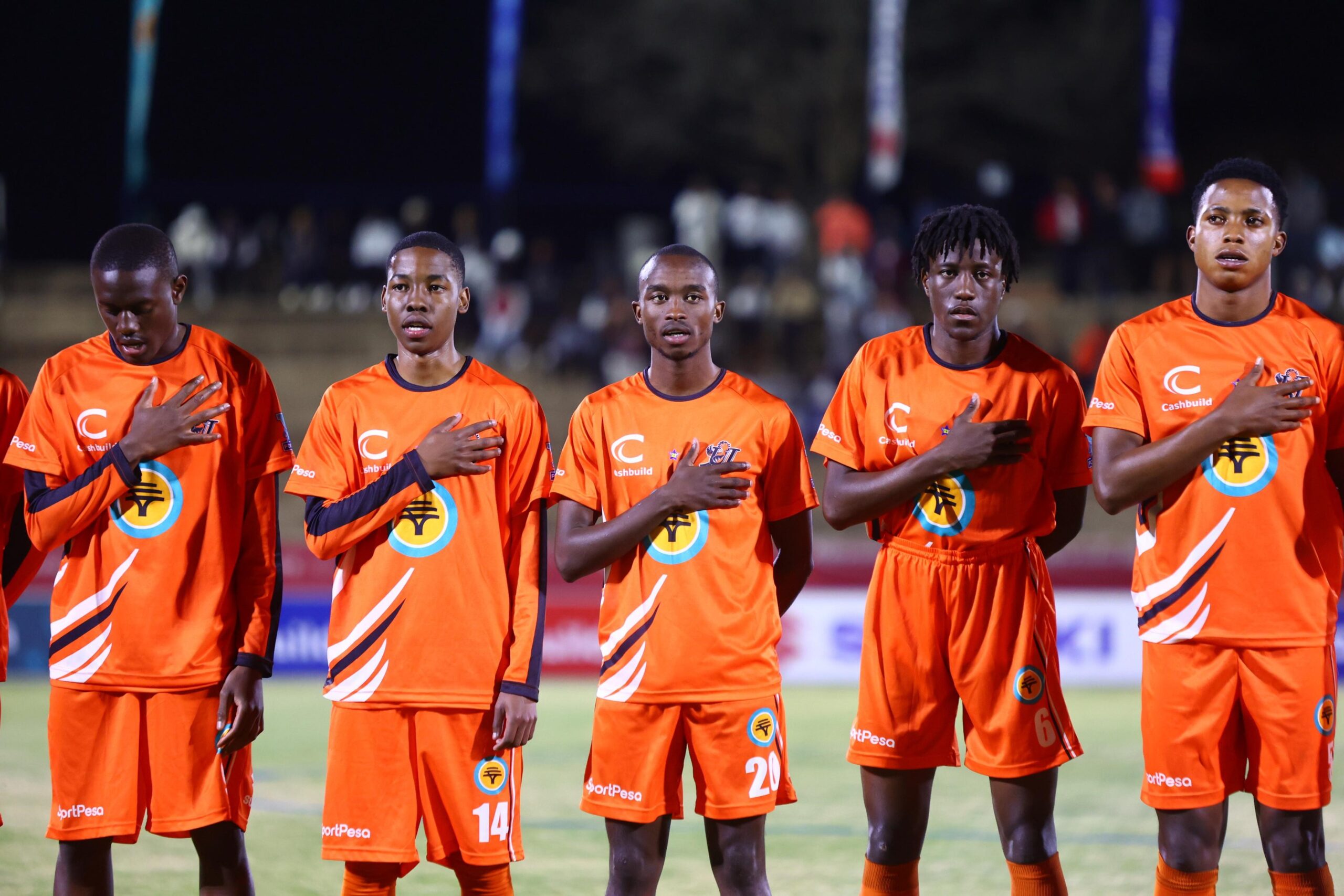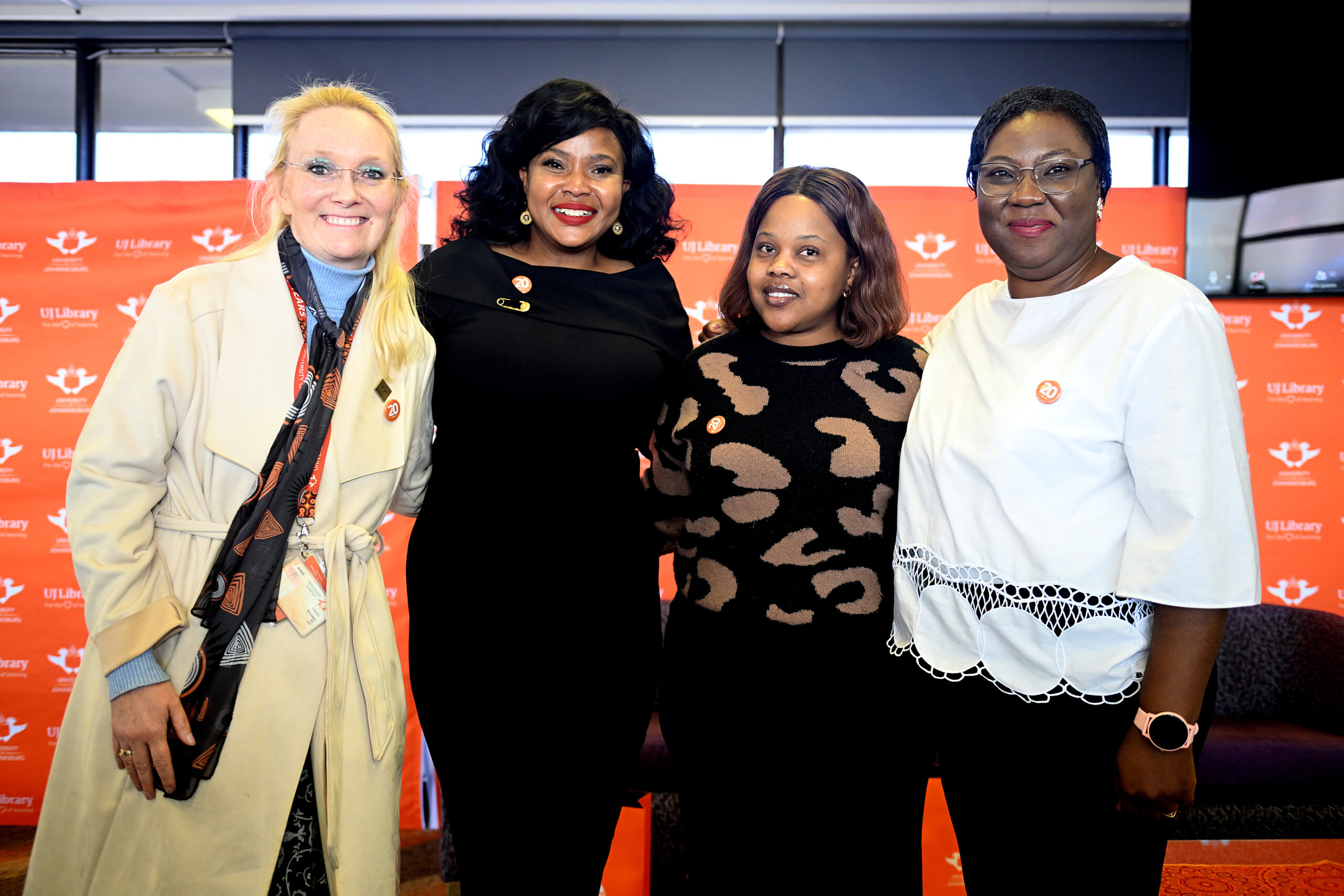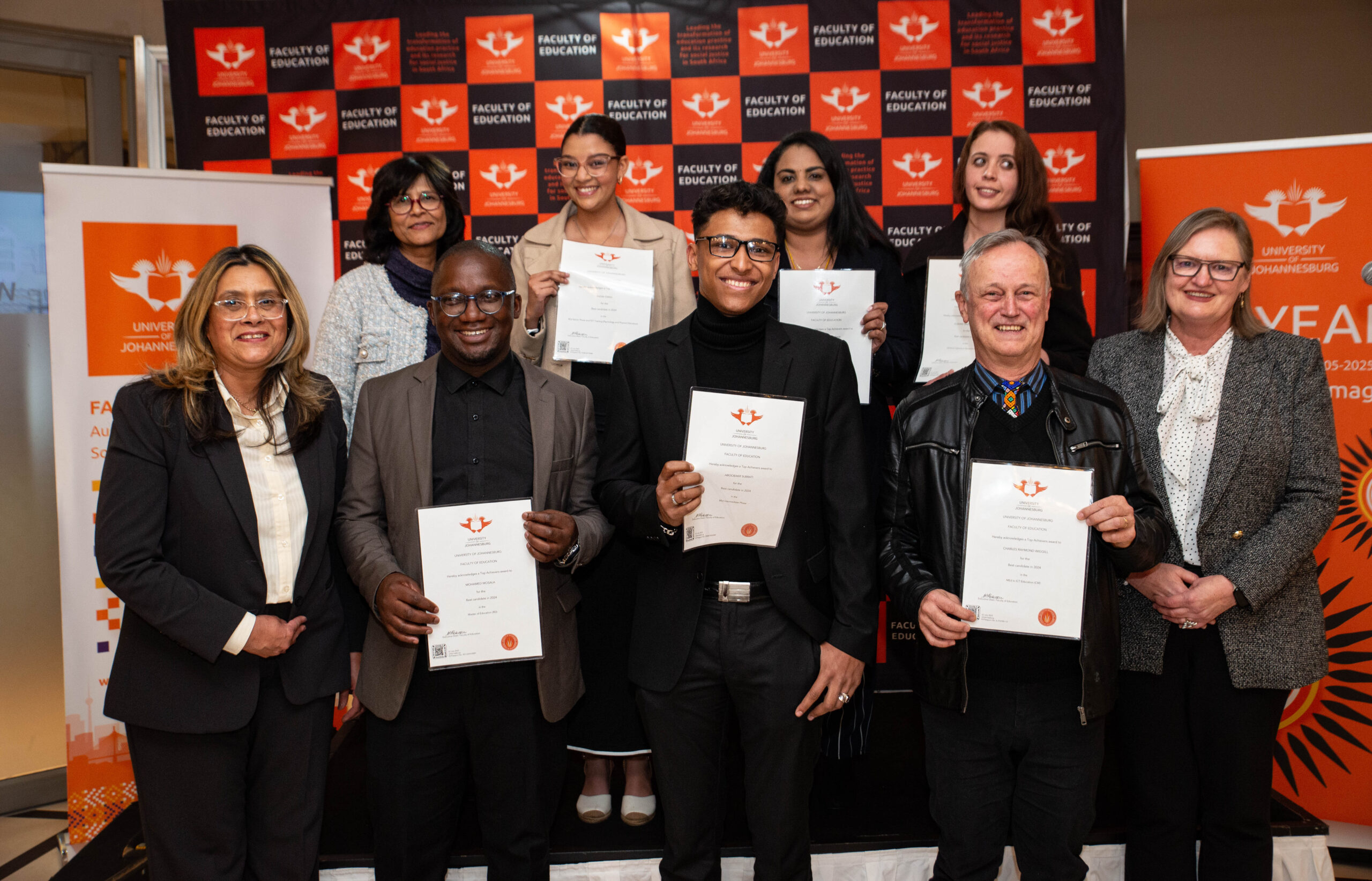Bertus de Villiers, a Visiting Professor of the Faculty of Law, University of Johannesburg (UJ) was recently invited by the Max Planck Foundation for International Peace and the Rule of Law of Heidelberg, Germany to participate in the training of judges of the Maldives.
Prof De Villiers says that this was an example how comparative law and comparative practice can contribute to greater consistency in human rights protection and court management and procedures. Prof De Villiers remarked that constitutional models designed for emerging democracies often do not take account of the practical challenges faced on the ground to implement those models. This is highlighted in the Maldives where resources for the courts are limited; a culture of judicial independence is weak; and the workload of judges is close to overwhelming.
The Maldives is an emerging democracy and has experienced various challenges in the establishment of their judicial system. The Max Planck Foundation had received funding to facilitate training of justices of the Maldives. Prof De Villiers was invited to lead two of the webinar sessions with the judges due to this practical experience as a member of the Australian judiciary linked to his research and publications in the field of comparative constitutional law. This initiative followed the report on reform of the judiciary of the Maldives undertaken by South Africa’s Justice J Kriegler on behalf of the United Nations Development Programme. Due to covid-restrictions face to face training was not possible, but with the assistance of Zoom an interactive atmosphere was nevertheless created.
The first of the training sessions focused on the protection of fundamental human rights under the Constitution of the Maldives and limitations that may be placed on fundamental freedoms. Prof De Villiers discussed the relevance of international law instruments as well as relevant case studies in jurisprudence in countries such as Canada, Germany, Australia and South Africa. The second of the training sessions was directed at building resilience of judges. Prof De Villiers spoke about practical measures judges can adopt to build resilience; to ensure independence and impartiality; and to function within the context of a newly developing democracy. The session was particularly interactive since around 60 judges attended and many had shared examples of challenges they face on a daily basis in delivering justice of the people of the Maldives. Several topics were discussed such as independence from the executive; dealing with the media; dispersing justice in small communities; the importance of integrated support and ongoing training of judges.Prof De Villiers said the Zoom-based training highlighted how judges in remote islands of the Maldives could be involved with insights offered by international experts. “Unfortunately Covid-19 prevented us from visiting the Maldives, but on the up-side, the pandemic opened the doors for more effective training with justices being able to participate from the home locations in a manner that would otherwise not be possible.”



